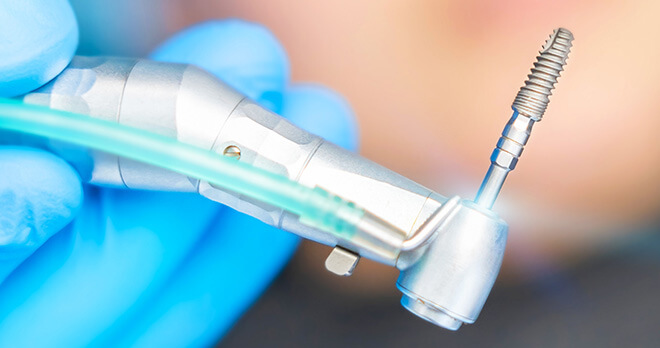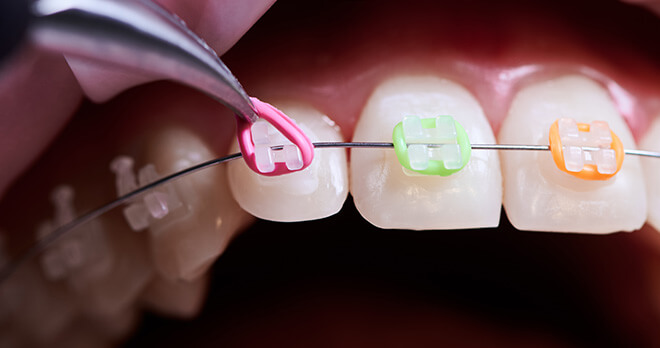Everything you need to know about the dental negligence compensation process.
Starting a claim can feel daunting. We are here to make it feel easy.
The Dental Negligence Team receives enquiries every day from members of the public who have received substandard dental treatment. Through this video and the information below we explain all you need to know about making a compensation claim. If you feel you are ready to speak to us, you can simply give us a call or a message and we can discuss your options together.
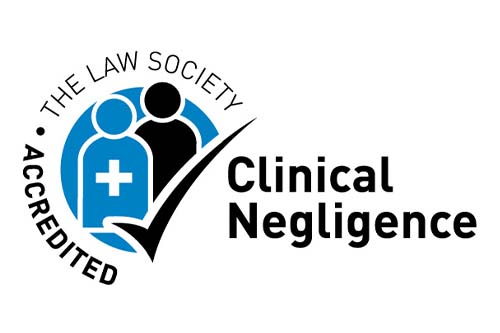


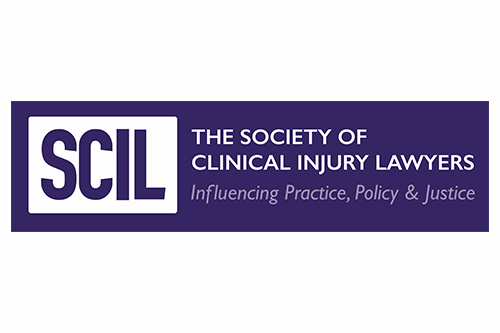
- No-win no-fee legal funding.
- Compensation for pain and suffering.
- Payment for future treatment costs.
- SRA regulated & quality assured.
Speak to the team to understand more about you potential compensation claim for dental negligence. You can call us or simply drop us a message and we will get back to you.
Call the team
What is classed as dental negligence?
Whilst we may not be entitled to ‘gold standard care’, and sometimes we may suffer harm for non-negligent reasons such as recognised complications, we are entitled to reasonable treatment that is carried out correctly. Dental negligence can include a range or errors including a delay in treatment or an incorrect diagnosis, substandard treatment when carrying out fillings, crown work or root canal treatments, poorly executed orthodontics, periodontal disease misdiagnosis and mismanagement, and restorative or cosmetic dentistry errors.
However, it is not sufficient to only show that the treatment that was received was negligent, it must also be shown that negligent treatment caused damage and has led to further injury and suffering. Examples of causation may include nerve injuries or loss of or damage to teeth caused by mistakes in treatment. The defendant is liable for damage that would not have occurred in the absence of the negligent treatment.
How much compensation might you receive? How is it calculated?
Any compensation you receive will vary depending on what injury you sustain. For example, if you require an extraction of one of your teeth resulting from substandard crown or bridgework, you will receive more compensation than if you suffer a period of pain as a result of negligence.
Compensation received following a successful claim for dental negligence will be comprised of:
-
an award for pain and suffering
this will compensate you for any pain you have endured, and also things like inconvenience, social effects (such as embarrassment) and any changes in your eating or sleeping habits.
-
an award for future treatment costs
for example, if you require an implant and an implant retained crown, or Cognitive Behavioural Therapy as a result of a psychiatric injury sustained due to negligence. We will also take into account the future maintenance costs for any treatment you may require, including future specialist appointments.
-
past loss
this may include past prescription costs, travel or dental treatment. For instance, if you had to repeatedly to travel to a specialist appointment as a result of dental negligence, the cost of this will likely be recoverable.
How long does a dental negligence claim take?
On average, a dental negligence claim can take anywhere between six months to three years to conclude. This all depends on the complexity of the claim, the amount of evidence/ investigation required and the cooperation of third parties involved.
There are a number of third parties that we may need to liaise with as part of a dental negligence claim including experts, Counsel and the defendant’s insurers. Therefore, timeframes will depend on how quickly information can be acquired and responses obtained from everyone involved.
Can you sue a retired dentist?
Yes. By law, all dentists must be registered with the General Dental Council (GDC) and must have appropriate indemnity and insurance arrangements in place in order for patients to seek compensation which they may be entitled to. Therefore even if your dentist at the time is no longer your current treating dentist, or has subsequently retired, they will still be responsible for the treatment they have carried out.
How long do you have to make a claim?
The time limits for making different types of legal claims are set out by the Limitation Act 1980. The time limits are also known as a limitation period. The usual time limit for bringing a dental negligence claim is three years. This can be either from the date the Client was injured or the date of knowledge, also known as the when the Client first realised they suffered an injury due to a potential dental negligence.
However, there are some exceptions, such as cases involving minors, vulnerable adults or deceased persons:
1 – If the case involves a minor, the three-year time limit begins to run the victim’s 18th birthday, at which point the minor legally becomes an adult;
2 – If the case involves a vulnerable adult with no mental capacity, there is no time limit for when a dental negligence claim can be brought. However, if the person recovers from their condition, the three-year period begins from the date of recovery;
3 – If the case involves a deceased person and the person dies within the three-year period since discovering dental negligence, the limitation period begins from the date of death. If the negligence is discovered after the death, the family has three years to begin legal proceedings, with limitation period beginning upon the discovery of the dental negligence.
Can I claim for medical negligence after three years?
Not unless the victim of negligent treatment was a minor or without mental capacity. The courts are unlikely to accept claims that are out of time.
The limitation periods were introduced as a protection for potential defendants. The three-year period was introduced as a reasonable period to enable someone to make a claim and issue if necessary. By ensuring claims are made promptly, the courts are more likely to obtain clearer input from both parties.
Can you sue an NHS dentist?
Yes, you can sue an NHS dentist much like you can sue a private dentist. The procedure is exactly the same and will include your legal representative writing to the dentist and asking that he/she informs their defence organisation of a claim against them following which we would usually liaise directly with the defence organisation for the duration of your claim.

Success stories
Read about some of our biggest successful claims for dental negligence.
Dental negligence can have a long last effect on your health, confidence, and well-being. When we work for you we make sure you not only get the compensation you need to recover costs and pay for any future care, but also get the answers you deserve.
Read about about our different many success stories and see for yourself how we have helped many people just like you to get compensation for negligent dental care.
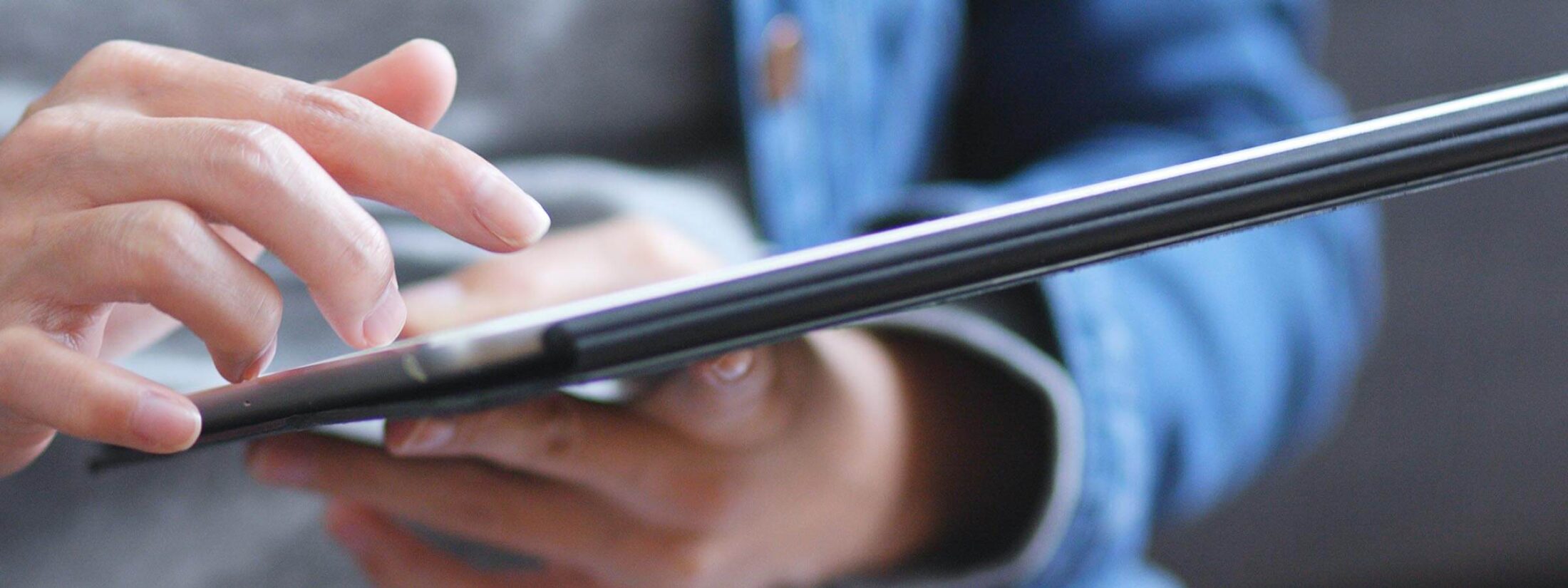

Speak to the team to understand more about you potential compensation claim for dental negligence. You can call us or simply drop us a message and we will get back to you.
Call the team
You can call the team on 0800 923 2080 or message them to understand more about your potential compensation claim for dental negligence. We will get back to you at a time that is convenient to you.









